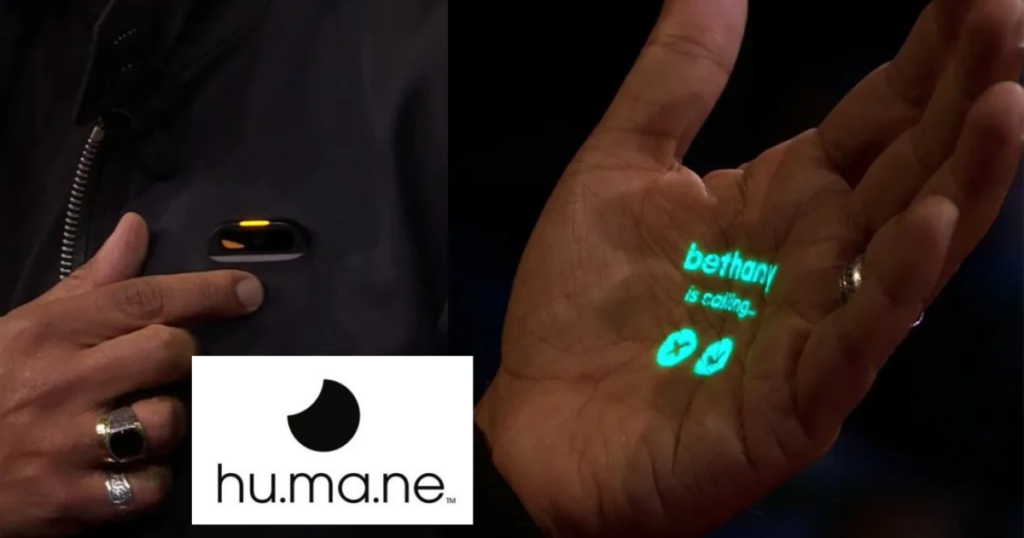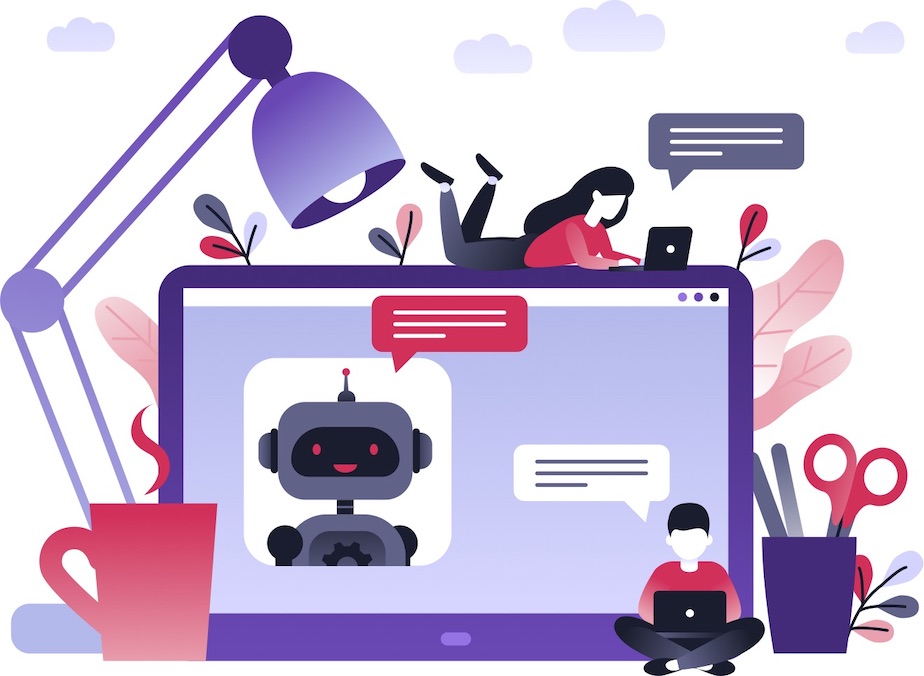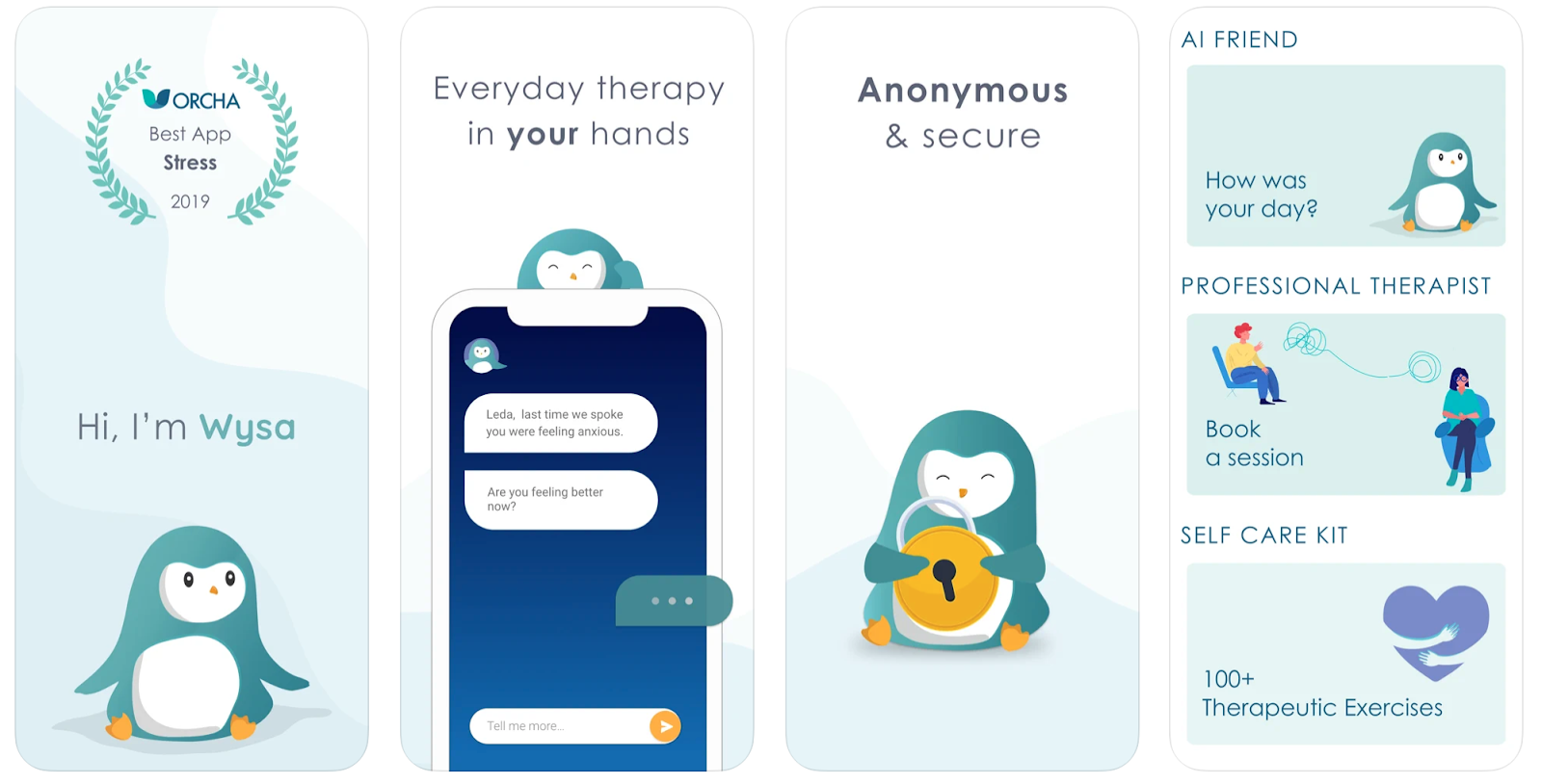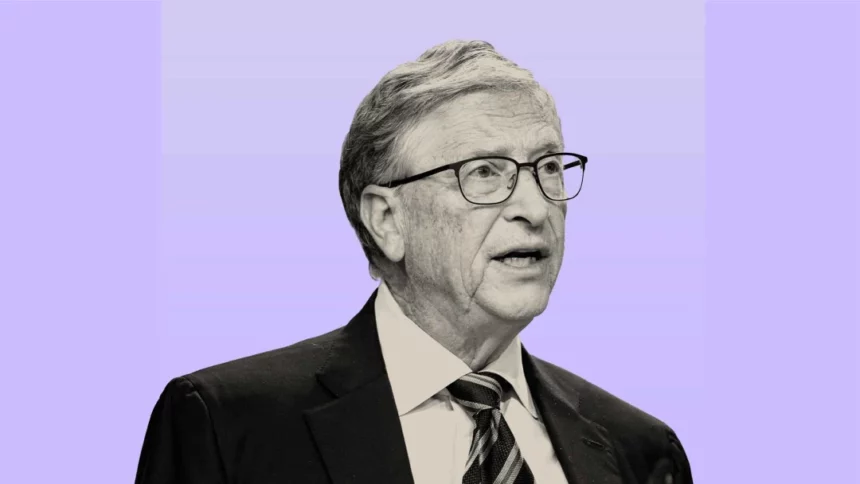In the foreseeable future, Bill Gates envisions a transformative landscape where individuals will seamlessly integrate artificial intelligence (AI) into their daily lives through personal AI assistants. These AI agents, as described by Gates, are sophisticated AI software entities designed to comprehend natural language and execute a myriad of tasks based on their intimate knowledge of the user. Gates’s predictions for the role of these AI assistants within the next five years not only forecast groundbreaking developments but also present a logically sound evolution of technological integration into our lives.

Software and operating systems evolution
Gates anticipates a paradigm shift that will render the current distinctions between operating systems such as Windows, macOS, or Linux inconsequential. In his vision, AI agents will transcend traditional operating systems, functioning as dynamic platforms. This means users will no longer be bound by specific applications for distinct tasks. Instead, they can effortlessly communicate their intentions in everyday language, allowing the AI agent to draw upon its rich understanding of the user’s life to execute tasks seamlessly.

Frequent voice interaction
A noteworthy aspect of Gates’s predictions revolves around the predominant interaction between users and their AI assistants through earbuds. Gates suggests that this breakthrough in human-agent interaction will become a reality, with earbuds serving as the primary interface for timely communication. This constant voice presence aims to provide users with real-time information, reminders, and personalized assistance, creating a symbiotic relationship between users and their AI companions.

Involvement in personal relationships
The AI assistant is poised to extend its role beyond mere task execution to actively participating in users’ personal relationships. Gates envisions a future where these AI companions will assist users in remembering important occasions, suggesting thoughtful gifts by collaborating with other AI agents, and even facilitating the coordination of schedules with friends’ AI assistants. However, Gates is quick to acknowledge the potential challenges, particularly the nuanced communication required to navigate interpersonal relationships seamlessly and avoid awkward situations.

Therapeutic functions
A particularly intriguing aspect of Gates’s vision is the proposition that AI agents could evolve into therapeutic tools. Drawing attention to the existing trend, Gates notes platforms like Wysa and Youper, which already offer chatbot therapy. These AI-driven chatbots have shown efficacy in alleviating symptoms of anxiety and have been used by millions of individuals. Gates recognizes the critical role such AI agents can play in addressing the unmet needs in mental health care, especially considering barriers like the shortage of available therapists, high costs, and the social stigma associated with seeking help.
In essence, Gates sees AI agents not merely as task-oriented tools but as versatile, all-encompassing companions capable of transforming various facets of our lives. From simplifying mundane tasks to actively participating in social and emotional dimensions, these AI assistants are poised to redefine personal assistance in ways that extend beyond the limits of current imagination.








